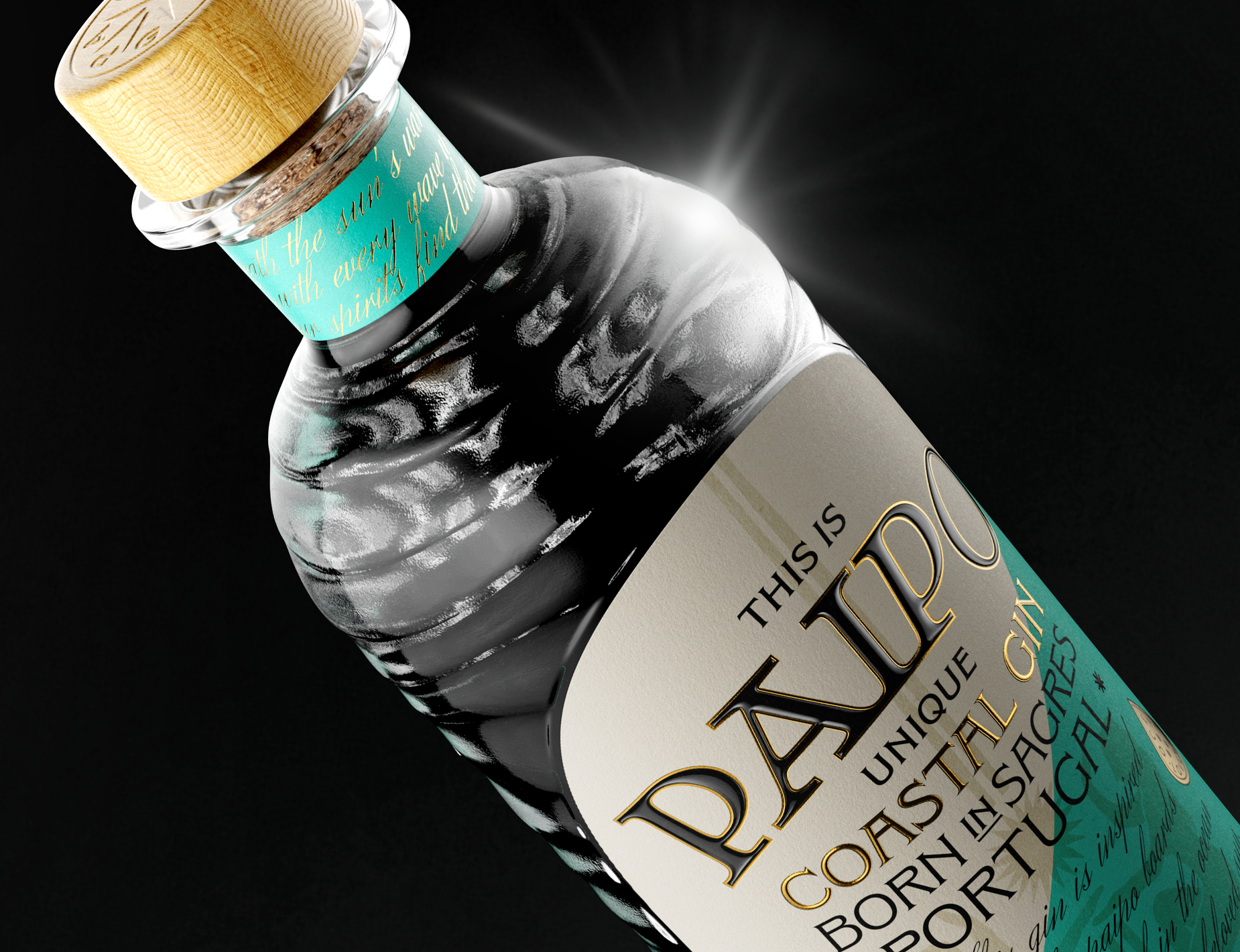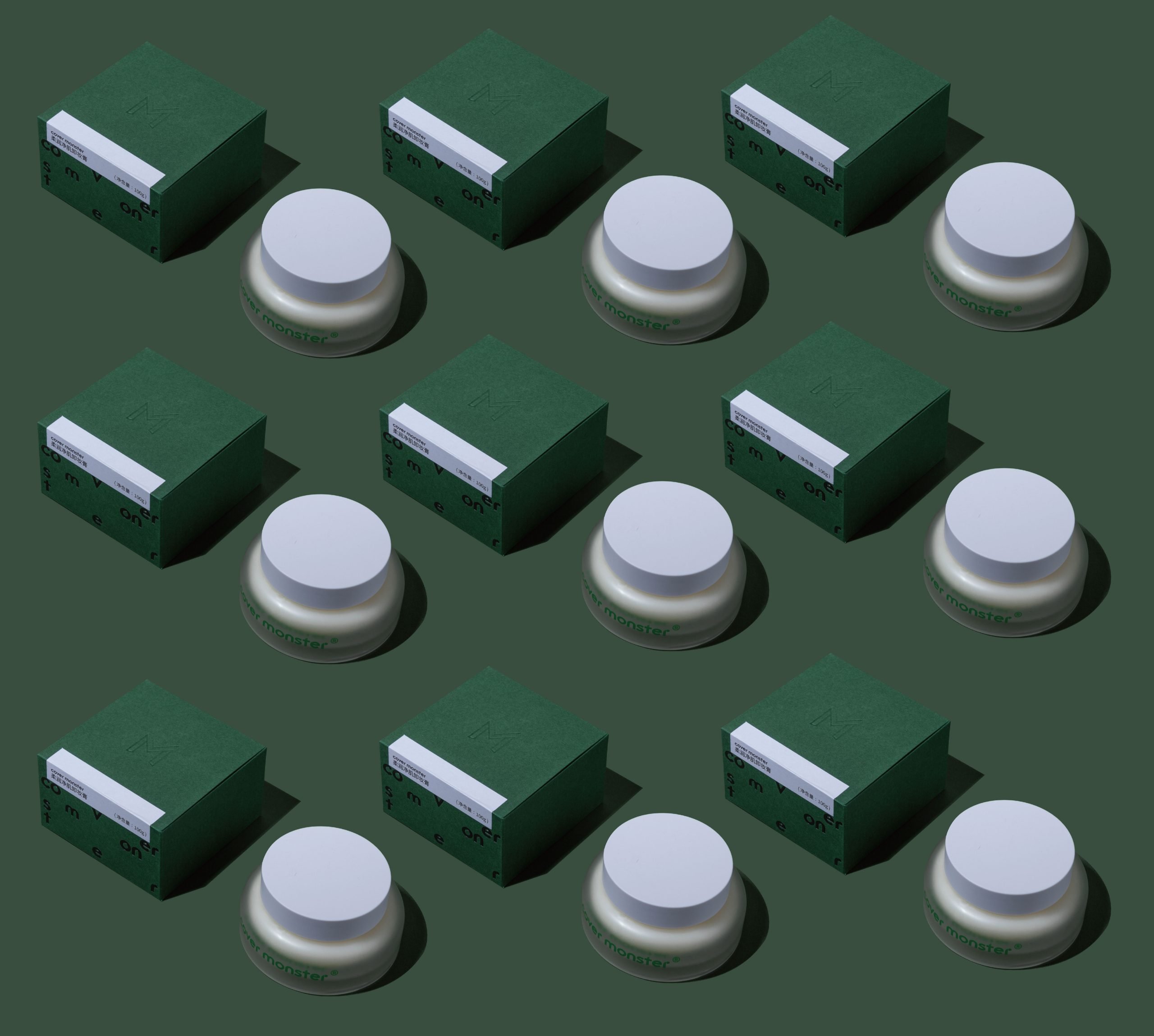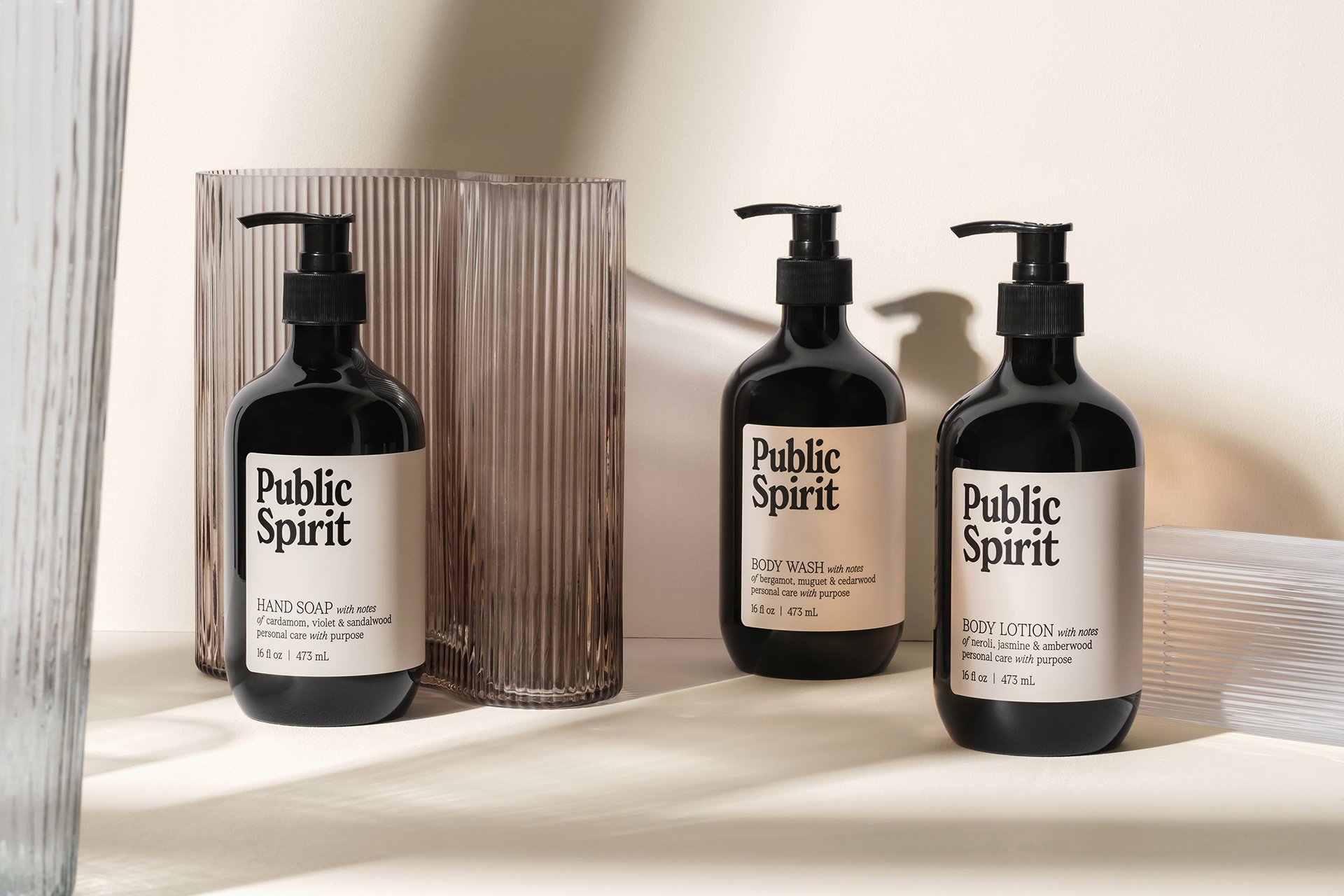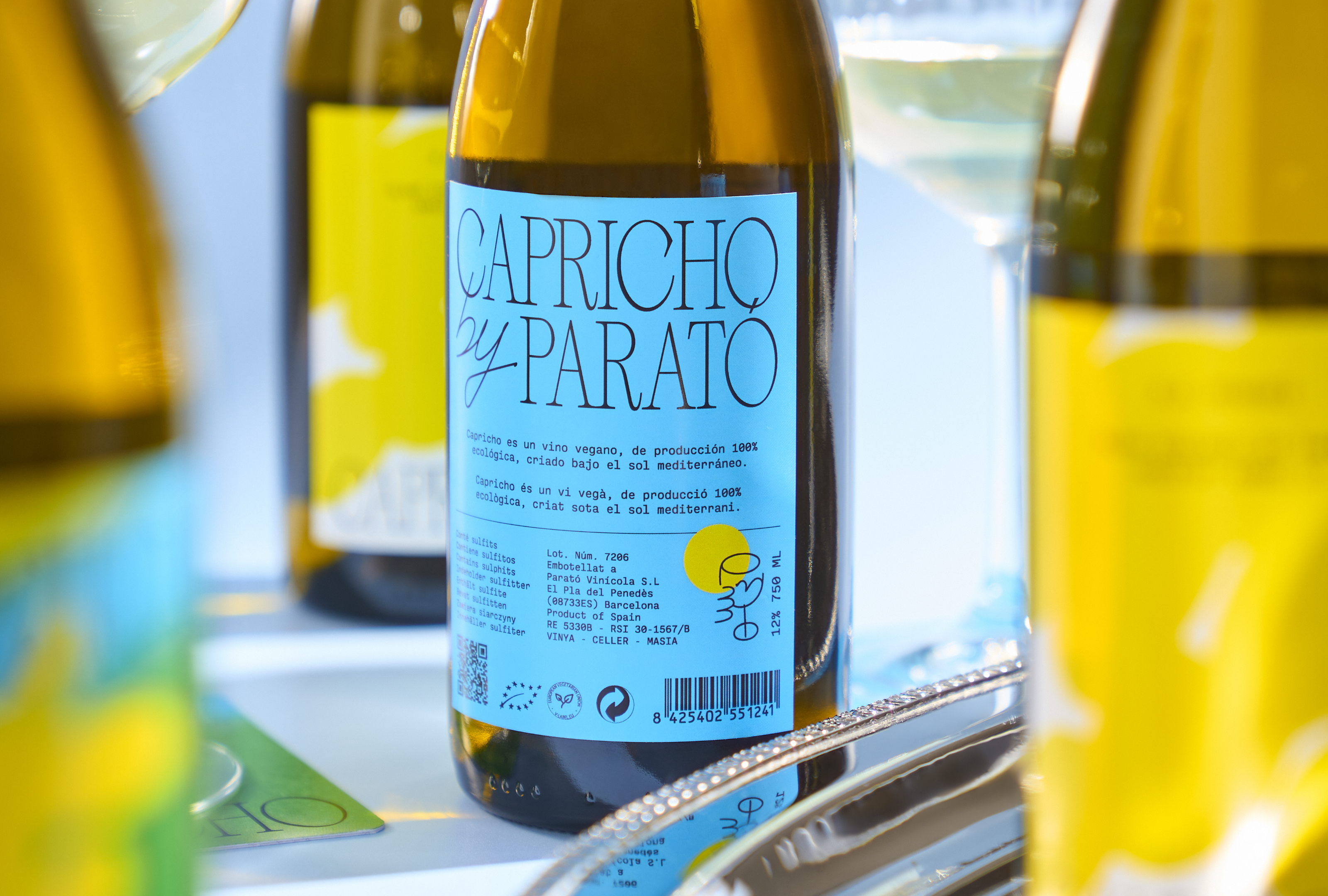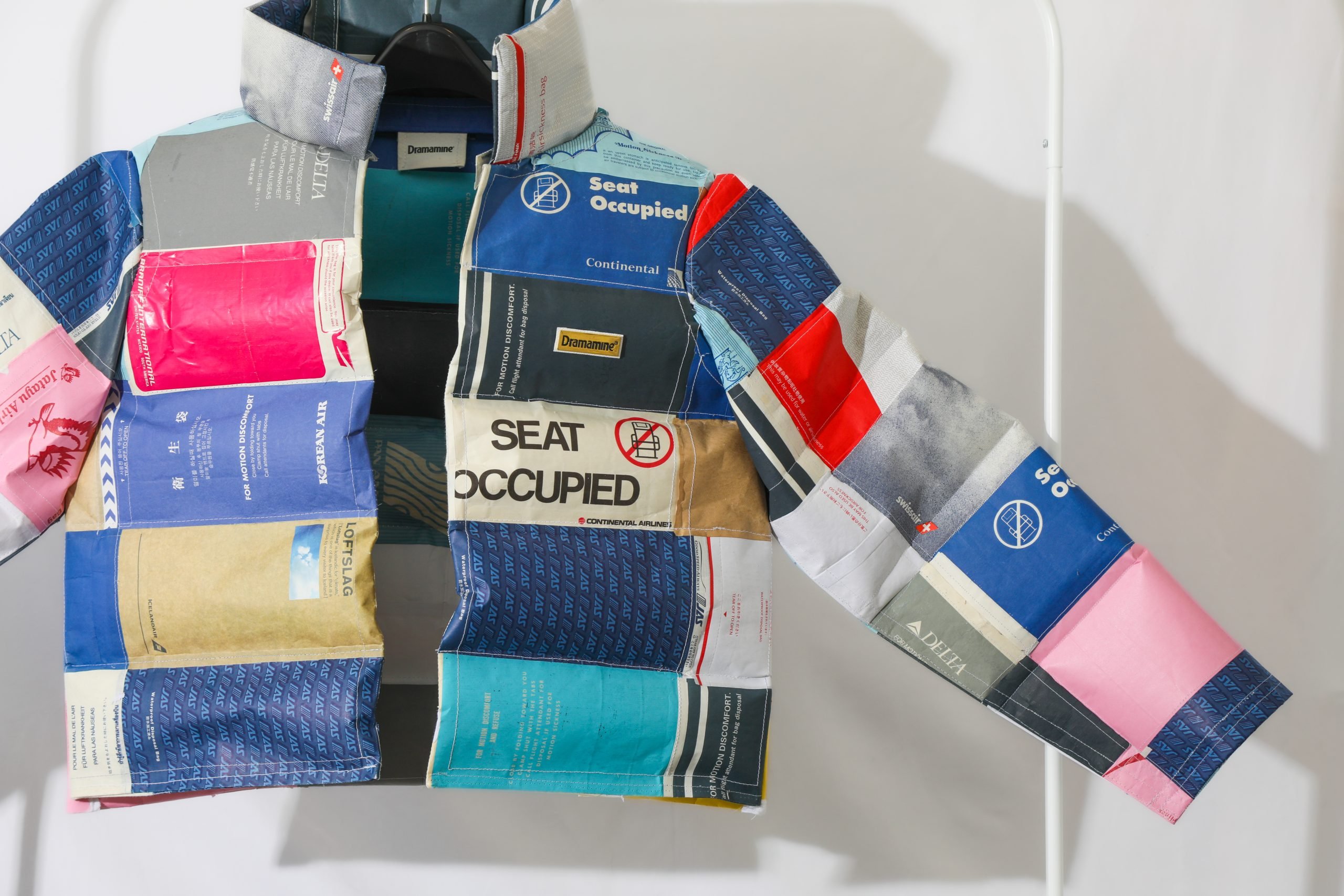xroads Philippine Sea Salts are packaged in what I think is the most unique sustainable packaging ever. I contacted Lennie DiCarlo, the owner of the company about her packaging. The story, as Lennie tells it, is that she was looking to bring this unique natural sea salt from the Philippines into the US. She wanted the packaging to be easy on the environment. We all know sustainable packaging is a challenge to source, so Lennie was pretty excited when she discovered that the perfect packaging was made from a renewable source right in the same region as the salts are harvested.
I had the opportunity to taste the salts – and they are the best I’ve ever tried. If you appreciate specialty salt, these are incredible! (You can buy them on the xroads website.)
Continue for more photos and background info.
All images on this post are ©2009 Yael Miller
The boxes are hand-woven by local townspeople, made from native nipa palm. Two kinds are used – a lighter untreated palm and a dark smoked palm – each is used for one of two different salt varieties.
Not only is the box itself locally grown and made in the Philippines, but the twine is made from a native banana plant as well. Even the tag is printed on handmade paper made of local cogon grass, abaca and salago fibers. Everything is biodegradable.
The only points against its super-eco-friendly cred are the FDA required plastic bag insert and having to transport the products overseas. Still, it’s the closest you’d get to 100% sustainable packaging, short of selling the product locally. The entire product from contents through packaging benefits the economy of the local community in the Philippines, which is a wonderful thing in its own right.
Some information provided by Lennie and Anthony about their company:
“Company: Co-Founded by Lennie and Anthony DiCarlo in an effort to preserve, protect and exalt artisinal methods of hand-harvesting natural sea salts as a sustainable, eco-friendly product. xroads Philippine Sea Salts™ was launched in 2006 and is based in San Diego, California.
The motivation behind our packaging was to provide a vessel that was uniquely from the Philippines. The nipa box, twine and paper are evocative of the islands. Additionally, it had to fit our business philosophy with our belief in sustainable products as well as purchasing from small businesses. The resulting final product from the package to the salt is wholly sustainable and biodegradble (with exception to the required food grade bag).
Salt Variety: Philippine Fleur de Sel. The structure of our sea salts contain both the granular and flake (fleur de sel) crystals. This composition provides texture from the hollow crystals while the flakiness melts immediately on the palate to yield instantaneous taste. As a result of extreme temperatures during salt season ranging in 100+ Fahrenheit degrees, crystals form instantaneously, creating hollow saline structures, a textural element that chefs appreciate. Furthermore, because of the temperature, the fleur de sel flake is not separated but harvested as it forms. A combination of the granular and flake crystals creates a unique mouth feel while a rich balance of minerals and texture culminates in a salt crystal that is pleasing to the touch and palate.
Flavor Profile: Crafting Philippine Sea Salts™ is an incredibly labor-intensive process. Producing a flavorful, quality salt requires generations of experience, clean seawater and natural heat from the sun.
Ilocano Asin (ē’lō-kä’nō ä-sin) is a moist, naturally white sea salt from the pure seawaters of Pangasinan. Wonderful bright, clean, crisp flavors powered by underlying minerals define this complex and well-balanced salt.
Sugpo Asin (sûg-pô ä-sin) is a moist, naturally pink sea salt and originates from a sustainable dual crop system. Half the year the property is used as a shrimp farm – harvesting giant tiger prawns – and the other half of the year, a salt farm. As a result of this farming method, the salt obtains the natural pinkish color of shrimp. This is a full-bodied salt, yet it wears its weight gracefully.
Craft Production: Small artisan producers using traditional hand-harvesting methods.
Terrior: Pangasinan, Philippines; region name – translated “land of salt”. This region is known for it’s fine salt beds. Away from any commercial and/or industrial sites, sea waters from this region is pristine, resulting in beautiful, clean, oceanic mineral rich salts.”
All images on this post are ©2009 Yael Miller

